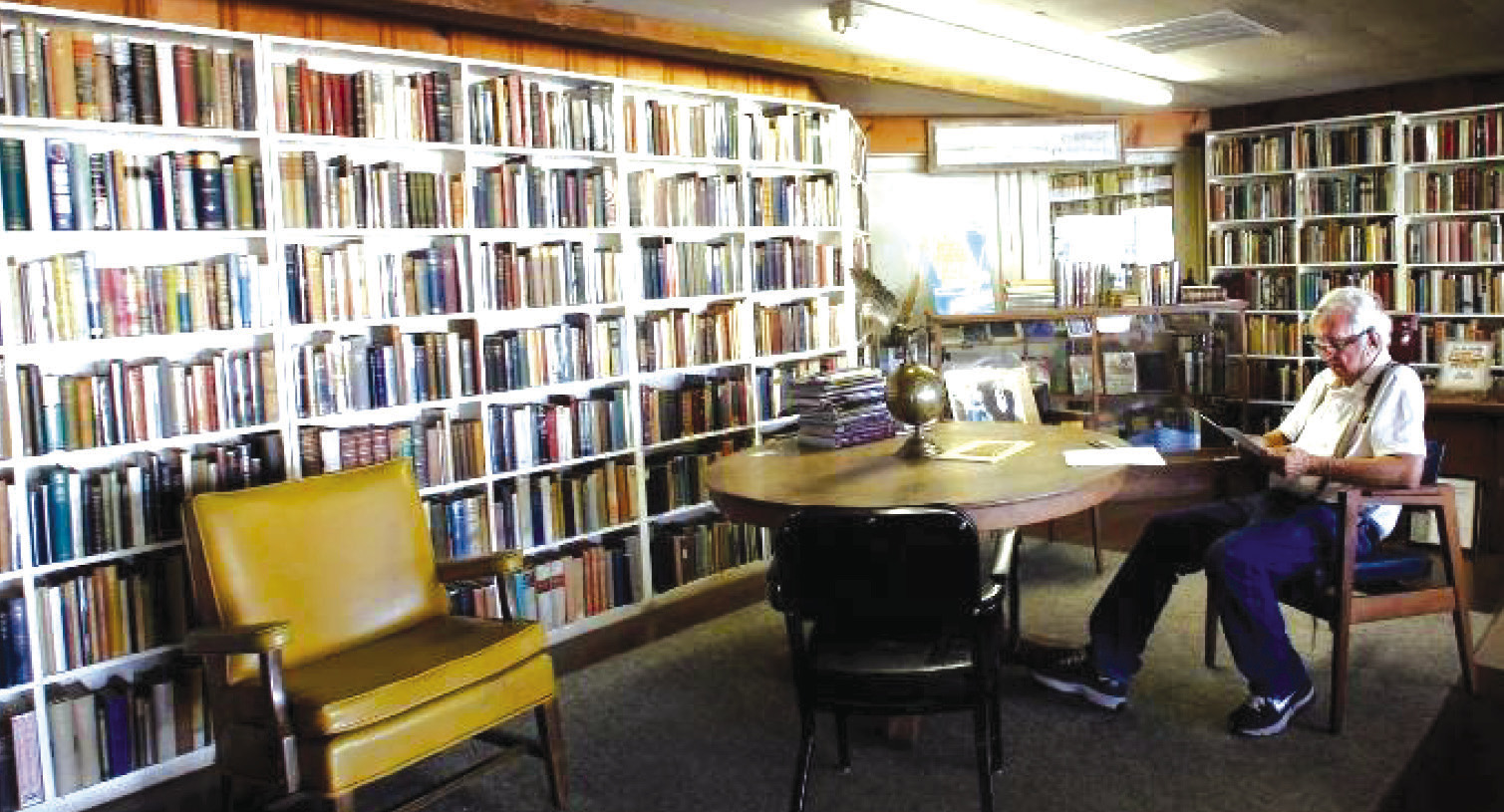Larry Jeff McMurtry, born June 3, 1936, and died March 25, 2021, was an American novelist, essayist and screenwriter whose work was predominantly set in either the Old West or contemporary Texas. His novels “Horseman Pass By,” 1962, “The Last Picture Show,” 1966, “Terms of Endearment,” 1975, “Lonesome Dove,” 1985, and “Texasville,” 1987, were all adapted into films. These films earned 34 Oscar nominations and 13 wins.
Entering Rice Institute, which later became Rice University, in Houston as an 18-year-old freshman in 1954, McMurtry’s reading life took off as he strolled in wonder through the stacks of the Fondren Library, which then held about 600,000 books. He left Rice and graduated from North Texas State Teachers College, but then returned to Rice for a Master’s Degree, also serving as a lecturer in English until 1969. During that period, noted journalist Marshall Sprague writing in the ”New York Times” said of McMurtry, “If Chaucer were a Texan writing today, and only 27 years old, this is how he would have written and this is how he would have felt.”
While best known as an amazingly prolific novelist and screenwriter, McMurtry first and foremost considered himself a book collector. Before his death he had, to his count, amassed 400,000 books spread over four previously vacant buildings in his hometown of Archer City, Texas.
With this lengthy prelude, I can now reveal that Larry Mc-Murtry was my freshman English professor at Rice University, around 1966.
As a teacher, Mc-Murtry was not inspiring. In fact, he seemed distracted and sometimes downright dismissive. In his defense, his lack of whole-hearted involvement in trying to convey an appreciation for great writing to super-nerdy, science and math majors, forced by the powers that be into a required freshman English class, could be forgiven. After all, McMurtry had already published ”Horseman, Pass By,” later made into the movie, “Hud.” He was only a few months away from the publication of “The Last Picture Show,” and he was well into “Terms of Endearment.” He had better things to do than attempt to wedge some knowledge and enjoyment for great literature into the heads of Rice freshmen who were more concerned with trying to tease out a solution for their afternoon calculus class.

But McMurtry had a more personally revealing explanation. He says about himself in his memoir, ”Walter Benjamin at the Dairy Queen,” “I think my strong sense of reading as a private thing was one reason I made an indifferent teacher. I wanted to read, not talk about it.” And, I’ll guess he might have also been thinking, “I’d rather write than teach.”
For a book collector like myself, it’s interesting to consider the future of print books. Now we have dedicated e-readers and phones and tablets that could easily spell doom for the printed page. We have increasing awareness about preserving resources and eliminating stuff, in general. Is there room for stacks of bound paper in the modern world?
And then, there is our obsession with information. We are all over-supplied with information of every sort. Of course, the sum total of accumulated human knowledge, with any of its parts, is now accessible within a few minutes, or even a few seconds, with the click of a mouse.
So what is to become of books as we know them?
McMurtry quotes Walter Benjamin, a German-Jewish Marxist literary critic, essayist and philosopher who was prominent in literary circles in the early 20th century. Benjamin holds that “Information is the enemy of story.” And this gets right to it. We can find the “what” and the “how” of things instantaneously on the internet. But the internet is eerily silent as to the “why” of things. This is the realm of storytelling. This is narrative. This is what books, and, by the way, what great works of art provide.
I was struck by another McMurtry quote, “Incessant reading and book collecting tends to solitarize rather than socialize.” But Mc-Murtry knew that narrative requires a story and that requires at least one other to hear the story.
Don Minnick is a clinical psychologist and organizational consultant and the author of books linked to business and the arts. He has found a home in the creative and culture- rich Wimberley valley. He is a Board Member of Wimberley Arts.org.







